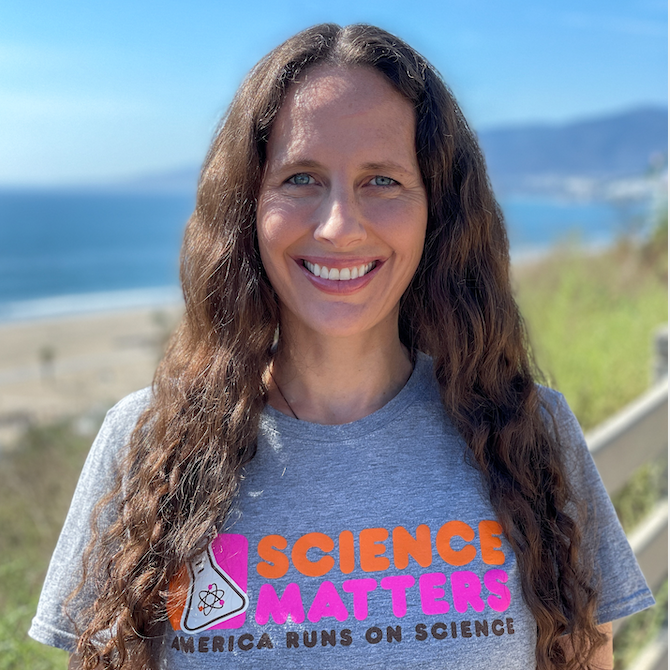Wildlife Health and Disease
Categories

After living through two years of a global pandemic, the need for infectious disease and health research is more apparent than ever. This is doubly true for wildlife diseases. Healthy and biodiverse populations of wildlife promote stable ecosystems, prevent species extinction, and protect against zoonotic disease transmission.
The Projects
Browse the participating projects
This rat poison is supposed to be safer for carnivores – but is it really?
Second-generation anticoagulant rodenticides were recently banned in California to protect wildlife health...
More About This Challenge
The sciency details
Challenge Aims
About the Wildlife Disease Association
In 1951, a small group of U.S. and Canadian scientists interested in wildlife diseases founded the Wildlife Disease Committee, which became the Wildlife Disease Association (WDA), a 501 non-profit organization. The mission of WDA is to promote healthy wildlife and ecosystems, biodiversity conservation, and environmentally sustainable solutions to One Health challenges.
WDA supports their members with community networking and engagement, knowledge sharing, small grants, student awards and activities, the Journal of Wildlife Diseases and wildlife health, news, and career opportunities from around the world. This year, WDA has renewed their crowdfunding challenge, with a focus on member support and increased awards for participants who are WDA members.
This challenge is open to wildlife health projects worldwide. In the past, successful campaigns have included morbiliviruses, chytrid disease, white-nose syndrome, tuberculosis, rabies, bat-borne viral disease, plastic ingestion, lead toxicity, and many other wildlife health-related topics. Any project that approaches wildlife health can be eligible
Over the last five years, the WDA challenge has funded more than $130,000 in wildlife health research across 31 projects, all of which can be found here: experiment.com/grants/wda.
To be eligible proposals must meet the following criteria:
1. Involve a significant health or disease issue in free-ranging aquatic or terrestrial wildlife.
2. Have implications for wildlife populations and ecosystems in which wildlife live.
3. Emphasize species conservation or application of a One Health approach.
WDA will sponsor six prizes
On July 17th WDA will give two prizes based on outreach and crowdfunding efforts. These prizes will be awarded to the two projects with the highest number of backers (regardless of total amount pledged) on the 21st day of the campaign at 5 PM PST.
Principal investigators who are WDA members will be awarded larger prizes than PIs who are not WDA members. Membership will be counted on the 21st day of the campaign, so researchers have plenty of time to join WDA.
The project with the highest number will be awarded $1500 if the project PI is a WDA member, and $1000 for PIs who are non-member
The project with the 2nd highest number of backers will be awarded $1000 if the project PI is a WDA member, and $500 for non-member.
Additionally, four additional prizes of $300 will be awarded on the 30th day of the campaign to the top 4 supported projects where the PI is a WDA member (excluding the two winning campaigns from the 21st).
For the purposes of the challenge, the first-named researcher on the project will be considered the PI.
Important dates
This challenge grant will be accepting campaign submissions until May 21st. The review process at Experiment is iterative, so researchers are highly encouraged to get their campaigns in early so they can work with the Experiment team on revisions and campaign strategy.
Between May 21st and June 10th campaigns will be reviewed by the Experiment team and WDA for eligibility for the challenge. Researchers will know if they are approved to join the campaign by May 17th.
From June 1st to June 23rd researchers are encouraged to work on campaign strategy with coaching from Experiment staff.
June 26th - Crowdfunding campaign kickoff!
Award decisions will be made on the evening of July 17th.
Campaigns will end on July 26th. Researchers can expect payout approximately 2-4 weeks after campaigns end.

 Challenge Grants
Challenge Grants